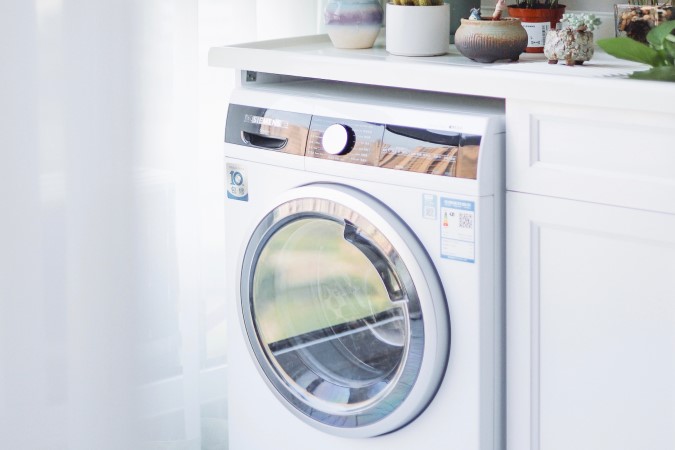
About half of the washing machines, ovens, refrigerators and other smart goods released in recent years are connected to the internet by users, to the regret of the manufacturers.
This is according to a report by the Wall Street Journal. A manufacturer like LG reports that less than half of its smart devices remain connected to WiFi. Another manufacturer, Whirlpool, talks about ‘more than half’.
In many cases, this concerns users who connect their device during installation but do not adjust it if, for example, they switch to a different network provider. In many cases, however, it also concerns users who never connect their devices to the internet.
And that’s a shame, LG tells the newspaper: “The challenge is that consumers don’t see the real value that manufacturers see when it comes to how that data can help them in the long run.” This value is already well-known to manufacturers. They receive extra data about how their devices are used, which means they can, for example, sell replacement filters and other parts more quickly.
For customers, this assessment is currently not so easy to make. In some instances, smart IoT devices pose a security risk and slurp up an amount of data, often accompanied by vague privacy agreements. So the question is whether it’s worth getting a message when the laundry is done.







